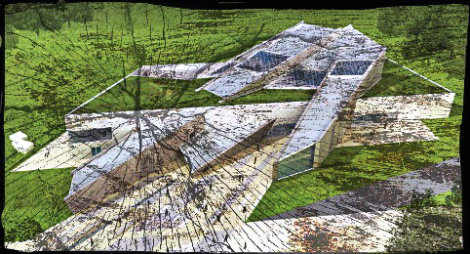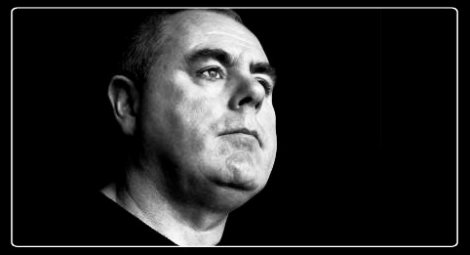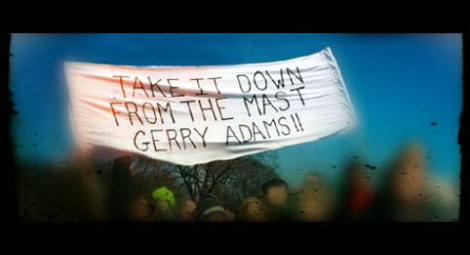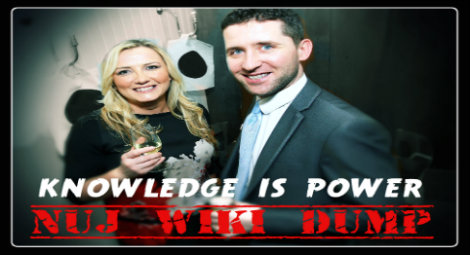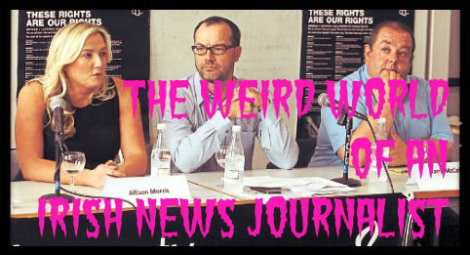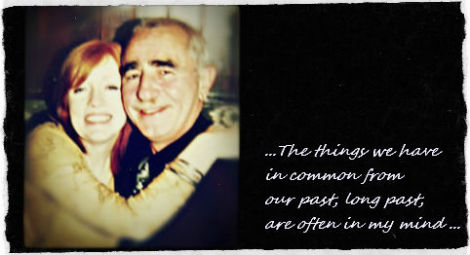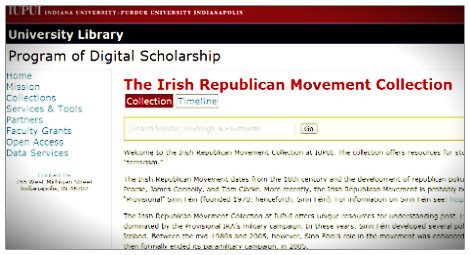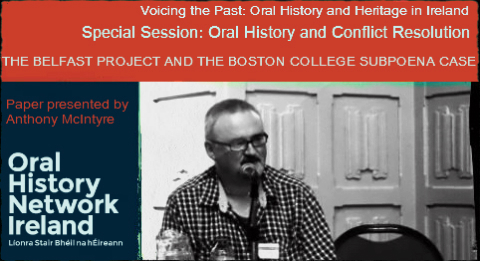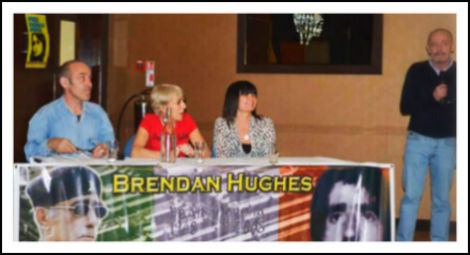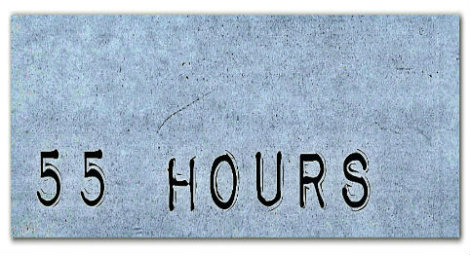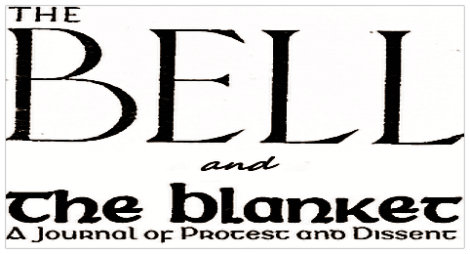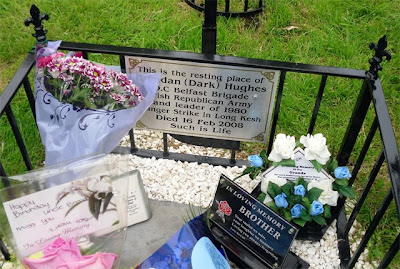Never one to leap in the air as if jabbed with a cattle prod and then collapse to the ground with a sigh and a shudder when confronted with a different idea, he readily faced up to any criticisms of Sinn Fein strategy or his own role in helping formulate or drive it. In my numerous disagreements with him he was a formidable adversary. I would often leave discussions with him exasperated but niggled by the thought that he had a point.
We worked together in the movement and in the mid 1990s both of us came to suspect that because of our close relationship and refusal to be deferential to leadership ideas that seemed questionable, some people at that level thought it better to keep us apart. We were not organising against leadership, rather providing a platform for people to express a view not officially sanctioned. The Bobby Sands Discussion Group, which we were both central to, was not officially closed. However, those of us who were IRA volunteers, Sinn Fein activists or both were told by the thought police not to express our views in public or organise any events that might cause the leadership discomfort. He underwent his exile in Brussels while I experienced it at home. Maybe we got it wrong and the leadership were just making use of its resources but that is how we saw it at the time. Little has happened since that would cause us to revise that view.
These days Tony Catney is no longer with Sinn Fein, having decided to promote republicanism through a republican body. He is a key driving force behind the Republican Network for Unity (RNU) a campaigning body set up for the purpose of salvaging something from the wreckage of a republicanism torpedoed beneath the waterline by the Sinn Fein leadership. He has been central to many debates and discussions where he has presented the RNU analysis of the state of play. He told the Sunday Life:
It's about sitting down with each other and working out a common way forward. The Good Friday Agreement hasn't achieved anything, it's a sectarian document.When people voted for it they were voting for peace, not the contents of a deeply flawed document.
Despite a busy schedule, he has made time for anyone interested in his political viewpoint and on one recent occasion made last minute rearrangements to facilitate the travel schedule of a visiting academic currently working on a book which looks at the resurgence of republican ideas.
Last week my normal jaundiced view of the peace process hurtled rather than slipped into overdrive on reading a front page news feature in the Sunday Life in which TC, as we know him, was given space to deny allegations against him that he was leader of the Real IRA in Belfast. The story itself did not annoy me. What did were the insights it provided as to the manner in which the allegations were being pushed into the public arena. A line in the article stated that ‘Republican and security sources said they believed Catney was the Real IRA's Belfast boss.’
Having previously dealt with false claims against Catney being pedalled by the Sinn Fein leadership in which it alleged he was plotting against their safety I was immediately suspicious as to who was behind these claims. I contacted TC and asked him to comment:
I was contacted by a journalist who told me he had been briefed by a senior PSNI man, Mark Hamilton, who told him that I was the head of the Real IRA in Belfast. The journalist also told me that Mark Hamilton freely expressed the view that he in turn had been provided with this information by Gerry Kelly of Sinn Fein.
He then went on to repeat a challenge laid down in the Sunday Life:
What I am doing now is making a challenge to the PSNI. I am a former prisoner currently out on licence. If they believe these allegations are true, rather than something put out there just to discredit me, why has my license not been revoked?
Tony Catney has no way of knowing for sure if Gerry Kelly told Mark Hamilton of the PSNI anything. All he has to go on is what the journalist told him. I asked him had he any reason to disbelieve the journalist to which he answered no. The journalist in question had no reason to be hostile to Kelly and relayed the story to Catney during the course of a conversation.
No stranger to whisper weasels, in his interview with the Sunday Life Catney outlined the type of problems a republican is likely to face upon deciding to no longer acquiesce in the party line:
Once I left Sinn Fein I became the victim of a witch-hunt, sniping and Chinese whispers … In the autumn of 2006 a senior Sinn Fein member was briefing IRA members that I was the head of a heavily armed military organisation that wanted to kill Gerry Adams, Martin McGuinness or Gerry Kelly. That was total rubbish then and it's total rubbish now. Because I have been the victim of a whispering campaign before it isn't surprising to hear this stuff linking me to the Real IRA now.
Tony Catney believes he is the victim of a smear campaign being orchestrated by his former colleagues in Sinn Fein. It is similar in style to what Rab Jackson of Eirigi so vociferously protested about in the Irish News. Eirigi too has had the evil eye of Sinn Fein cast upon it because, although it has tried to avoid coming into conflict with the party, operates autonomously in pursuit of its own republican agenda.
Catney’s explanation of the logic governing the dissemination campaign against him would equally apply to Eirigi: ‘Sinn Fein see our group as a threat and they see us offering an alternative, that's why I believe they have singled me out and are trying to depict that I am bathed in blood.’
Sinn Fein has every right to compete with the RNU and Eirigi on the field of ideas. But Tony Catney is the victim of an odious felon setting campaign then in the words of one former leading IRA volunteer, ‘it is an act so soaked in malign intent that the people responsible have plummeted to new depths and have slipped off the radar screen of anything that could be vaguely described as republican.’













